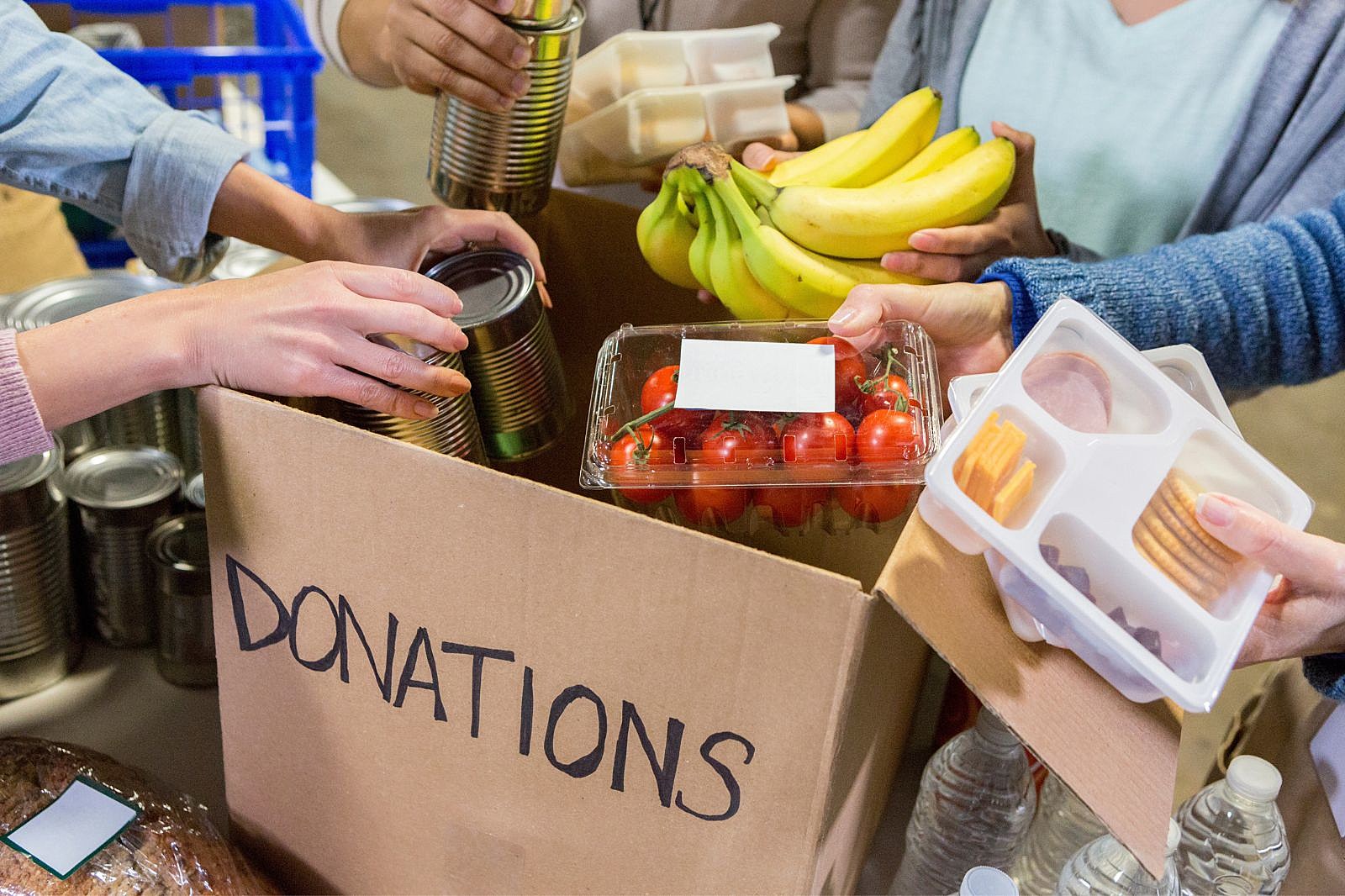Food is necessary for the growth and maintenance of all living organisms. Food deserts are escalating in many societies and affect consumers’ availability of cheap and healthy food. Although multiple options are available to address this issue, the most popular approach is using community gardens. Community gardens aren’t just shared green spaces; they serve more than just the usual gardening plots. They are powerful tools for boosting food security, fostering community collaborations, and improving health concerns.
In this blog, we’ll examine community gardens’ benefits and values in combating food insecurity and highlight how organizations like Dominion Community Development Corporation (DCDC) play a vital role in these efforts.
Access to Fresh and Healthy Food
The community garden movement aims to deliver fresh, locally grown produce to people with limited access to healthy food for specific reasons, such as poverty. Many localities, particularly those classified as food deserts, have limited access to grocery stores or markets that sell vegetables and fresh fruits, leading to fast food or convenience store food consumption. Community gardens can help resolve these issues by allowing individuals to grow their own produce, ultimately leading to a credible food source in their neighborhoods.
For families facing financial challenges, the ability to grow nutritious food can suggestively reduce dependence on processed, low-quality food options that are often cheaper but not healthy. This direct availability of fresh vegetables and fruits improves nutritional consumption and overall health.
Community gardens can empower people to take control of their food sources and enhance their diet, leading to a decline in chronic health issues such as obesity, diabetes, and heart disease, which are often related to poor diet.
Community Education and Empowerment
Another key benefit of community gardens is their role in educating and empowering residents. Gardens offer hands-on learning, where participants can develop valuable skills to maintain and grow crops. These experiences teach people about sustainable cultivation, soil health, and organic farming practices.
By understanding the entire food production process, participants grow a deeper connection with their food, making healthier and more informed choices in their daily lives. This knowledge can be transformative, especially for younger generations and those unfamiliar with gardening or farming. Moreover, community gardens often foster knowledge-sharing among participants, building collaboration and support networks.
Fostering Environmental Stewardship
In relation to environmental sustainability, community gardens contribute in multiple ways: They also promote local food production, hence minimizing carbon footprints associated with food transport. Community gardening and growing food in gardens also reduce centralized farming, often employing toxic farming methods that affect the environment.
Most community gardens support ecological organic agriculture, where minimal use of pesticides, irrigation, and composting is encouraged. They enhance the health of energetic organisms in the local environments and help participants become environmentally conscious. In addition, through their involvement in community gardens, communities can transform old building sites or abandoned land in and around towns into productive green areas.
Strengthening Social Connections and Community Ties
Beyond practical benefits, community gardens strengthen neighborhood social connections. They serve as shared spaces where individuals from varied backgrounds can work towards a common goal. Whether harvesting, watering, or planting, these activities provide social collaboration and teamwork opportunities.
Community gardens often convert to centers of social engagement, where fellow citizens get to know one another, exchange ideas, and build long-term relations. For many people, connection fosters a feeling of belonging and community pride.
This sense of community ownership and collaboration enhances a neighborhood’s social network and boosts resilience in times of crisis. During economic crises or natural disasters, strong community ties become indispensable for mutual support and ensuring everyone can access resources like food.
Financial Benefits and Cost Savings
However, community gardens can also be a source of economically productive outcomes. This is significant since providing food through cultures in green areas favors cost-bearing bills and low-income-earning groups.
Citizens should consider home-farming vegetables, fruits, and herbs to reduce their vegetable spending. This way, they can spend their scarce resources on health facilities or shelter.
Further, some community gardens can grow more than the local community can consume. There, people can sell leftover produce to fellow farmers at farmers’ markets or even give it to grocery stores, which would help people in need or experiencing food deserts.
Improved Mental and Physical Health
Community gardens offer more than economic and food security advantages; they also profoundly impact physical and mental health. Many people find gardening to be a calming and insightful experience. It’s a kind of escapism from the daily hustles of life and allows people to focus on adding something productive and positive to their routine. Spending quality time outdoors proves to be pretty helpful in reducing anxiety, depression, and stress.
Gardening encourages physical activity and allows people to enjoy fresh air outdoors. Integration of physical activities like gardening can promote a healthy lifestyle, improve fitness, and boost overall health.
Conclusion: DCDC’s Role in Establishing Food Security
Community gardens enhance environmental conservation, food security, and development while fostering unity and overall health of the involved community. We at DCDC appreciate the changes brought by community gardens, which is why we strive to expand our influence. We are trying our very best to involve the people of our society to do beneficial community work. These garden initiatives offer citizens the support, resources, and tools they may need to grow their food products, boost their health, and build stronger relations with their neighbors.
Dominion Community Development Corporation’s ultimate goal is to increase food security for the center, diversify, and build a stronger, more connected, and sustainable community. We are assisting in creating a future where healthy food options are available and within reach, appropriate knowledge that enables people to make correct choices, and a network that is available for society. Only by joining hands in this community work can we advance community gardens and the quality of life within our communities.

